The Titrud Lectureship in Neurosurgery
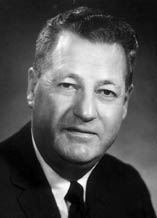
Leonard A. Titrud, MD, PhD, born January 1, 1911, in Minneapolis, MN, was a successful, respected neurosurgeon in hospitals in both the community and at the University of Minnesota. He earned his MD degree from the University of Minnesota Medical School in 1935 and pursued internships at the U.S. Marine Hospital in New York City, the United States Public Health Service Hospital in Lexington, Ky., and the University Hospital in Minneapolis. He held a National Cancer Fellowship and a Fellowship in Surgery and Neurological Surgery at the University Hospital. During World War II, Dr. Titrud was an army surgeon and remained active with the U.S. Army Reserve, retiring with the rank of Colonel in 1966.
First to Graduate from U of M Program
Following World War II, he returned to the University of Minnesota Medical School and completed an MS in Surgery followed by a PhD in Neurosurgery. He was the first student in the neurosurgery graduate program and maintained a close kinship with department head and program founder, Dr. William Peyton. He served as a clinical professor of Neurosurgery for more than 23 years.
Dr. Titrud's professional legacy includes many publications on surgery and neurological disorders. He was a member of several national, state, and local professional surgery and neurosurgery organizations. He retired from the practice of neurosurgery in 1985, an esteemed member of the Minneapolis medical community. Dr. Titrud passed away on October 18, 2004.
Philanthropy Focused on Neurosurgical Research, Enhancing the Resident Experience
Dr. Titrud and his wife Geraldine (Jeri) were married for more than 50 years and raised four children in their home on Lake Minnetonka. All of their children graduated from the University of Minnesota, which was a source of pride to the Titruds. They traveled extensively and enjoyed and supported the arts in Minneapolis. Before Jeri died in January of 2003, they were actively preparing their philanthropic legacy to the university and the neurosurgery program Dr. Titrud valued so deeply. In December of 2003, he completed his charitable plan that included a generous gift to establish the Leonard A. and Geraldine A. Titrud Fund in Neurosurgery.
The lecture, which features U of M Neurosurgery Department alumni, was designed to be accessible to both the neurosurgical community and to non-physicians interested in neurosurgery. The lecturer also serves as a visiting professor, enabling residents to spend extra time with them to learn from their experience and discuss the many different aspects of neurosurgery.
The intent of the lectureship is to garner insights from the lecturer about how neurosurgeons can contribute to our society and, through the lens of our training, help address the pressing matters of our time. It is a reminder that we are all citizens of a larger, global community with responsibilities beyond our role as neurosurgeons.
2024 Lecture: Friday, April 26th, featuring Jeffrey P. Blount, MD, MPH, FAANS: How the Lifetime Care Model for Dysraphism Care Frames the Unknown Issues/Frontiers in Spina Bifida Care

Lecturer Jeffrey P. Blount, MD, MPH, FAANS, is Chief of Pediatric Neurosurgery at the Children's Hospital of Alabama, Professor of Neurosurgery at the University of Alabama, and the Raymond J. Harbert Chair in Pediatric Neurosurgery.
Dr. Blount attended Washington and Lee University for undergraduate studies, and the University of Rochester (New York) for medical school. He completed the Neurosurgery Residency at the University of Minnesota and the fellowship in Pediatric Neurosurgery at the Hospital for Sick Children in Toronto, Ontario, Canada. Dr. Blount spent three years doing general and pediatric neurosurgery in the US Navy at Naval Medical Center San Diego, and pursued additional studies at the National Hospital for Neurology and Neurosurgery at Queen Square, London.
Dr. Blount is board certified by the American Board of Neurological Surgery and the American Board of Pediatric Neurological Surgery. He has authored more than 100 papers on various topics in pediatric neurosurgery and presents regularly at national and international conferences on pediatric epilepsy surgery and pediatric neurosurgery. Dr. Blount participates in the full spectrum of pediatric neurosurgery but has particular academic interest in the surgical treatment of epilepsy in children, spina bifida, transitional care in spina bifida and public health issues in pediatric neurosurgery.
Past Lectures
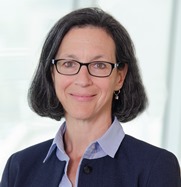 March 24, 2023: Aviva Abosch, MD, PhD, “A Career in Neurosurgery”
March 24, 2023: Aviva Abosch, MD, PhD, “A Career in Neurosurgery”
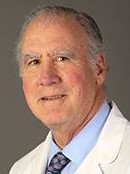
May 14, 2022: Roberto Heros, MD, PhD, "Some Thoughts About America and Cuba."

March 29, 2019: Walter Jean, MD, “Global Brainsurgery Initiative: from maiden visit to Vietnam to the globalization of resident training.”
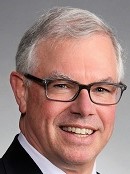
October 27, 2017: Frederick (Rick) Boop, MD, "Geography is History: The Globalization of Neurosurgery."
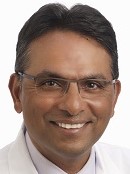
February 10, 2017: Mitesh Shah, MD, "Privademics — The Goodman Campbell Brain and Spine Model."
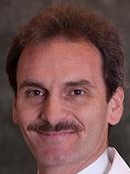
October 30, 2015: Jacques Morcos, MD, "Synchronicity: In Life, at Work and at Play."
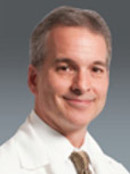
October 17, 2014: Paul Camarata, MD, “From Private to Academic Practice – the Road Less Traveled.”
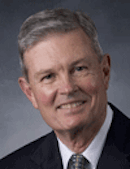
October 25, 2013: Robert Eugene Maxwell, MD, PhD, "Constructivism and the Neurosurgeon."
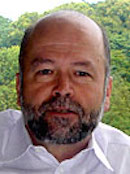
November 16, 2012: Richard P. Moser, MD, "Faust, Fiction and Fairy Tales for the Common Good from the Commonwealth of Massachusetts: One Neurosurgeon's Perspective on Patient-centered Outcomes Research and Impact on Healthcare."
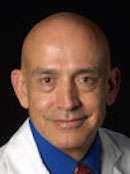
November 18, 2011: Fernando Diaz, MD, PhD, "Minimally Invasive Spine Surgery and Instrumentation: Should Neurosurgeons be a Part of the Process? A Microvascular Surgeon's Perspective."
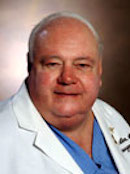
February 11, 2011: George S. Allen, MD, PhD, "Warren Buffet and the Practice of Neurosurgery."
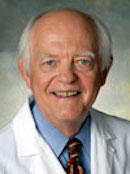
January 22, 2010: Gaylan L. Rockswold, MD, PhD, "The Making of a Neurosurgeon...or Anything Else for that Matter."
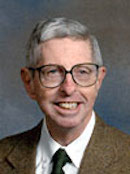
November 7, 2008: Michael E. Carey, MD, "Speak Memory, 40 Years and 3 Wars in Neurosurgery."
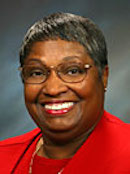
March 8, 2008: Alexa Canady, MD, "Where Will the Business Model of Medicine Take Us?"
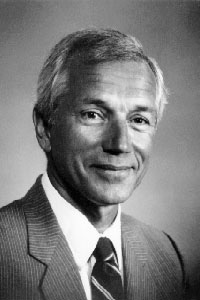
March 23, 2007: Donald Erickson, MD, "Town or Gown: Cooperating and Competition."
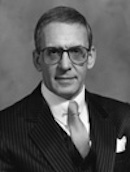
March 10, 2006: James I. Ausman, MD, PhD, “What the Future Will Look Like and What You Can Do to Be Successful in It.”
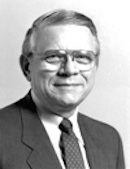
January 14, 2005: Edward L. Seljeskog, MD, PhD, "History of the Minnesota Medical School and the Evolution of Surgery and Neurosurgery."